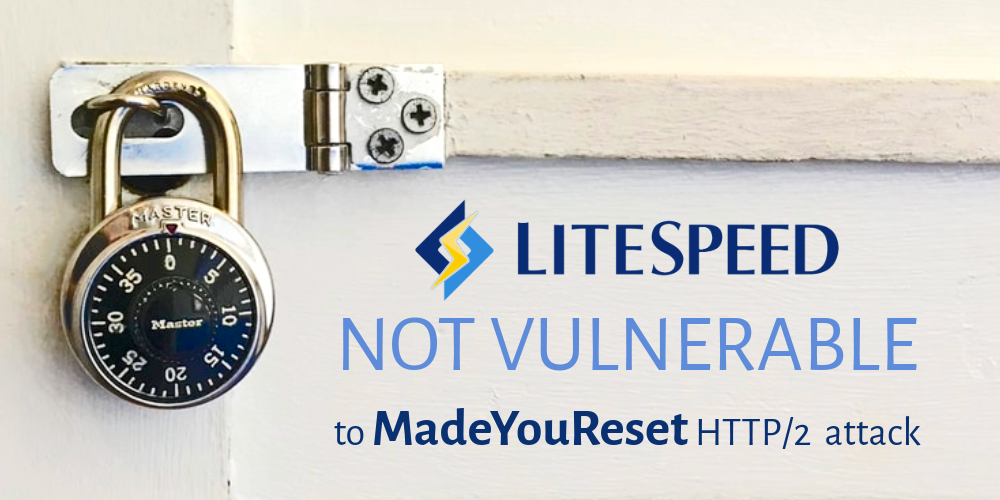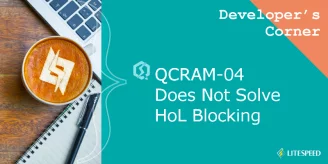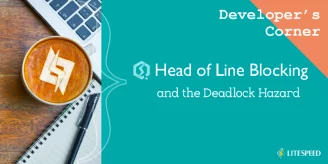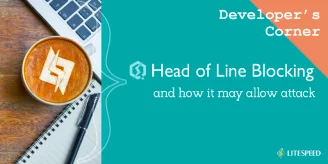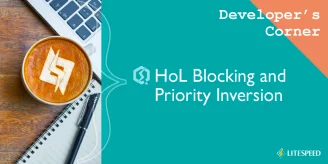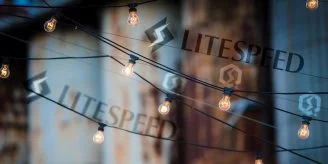QCRAM-04 addresses the deadlock hazard, but is unable to minimize HoLB for a certain class of applications. Learn more.
One way to prevent attack is to not read from the stream until the decoder can process the stream immediately. This approach creates a deadlock hazard and is examined in this article.
Compression schemes that allow head-of-line blocking are targets for memory exhaustion attacks against the decoder. One way to avoid an attack is presented.
Head-of-line blocking causes priority inversion and vice versa. Learn more.
In just five months since introducing QUIC support, LiteSpeed is powering more than 97% of QUIC sites worldwide!
As the year draws to a close, we thought we’d take a moment to look back on our most memorable accomplishments of 2017.
Dmitri: “The cast of characters in the wonderful play that is the QUIC standardization process is no longer just a bunch of email addresses and GitHub handles for me.”
Day Two featured many interesting idea exchanges and back-and-forth arguments.
Thoughts from the IETF QUIC Working Group Interim Meeting in Seattle, where they are ironing out the details of the IETF version of the QUIC protocol.

